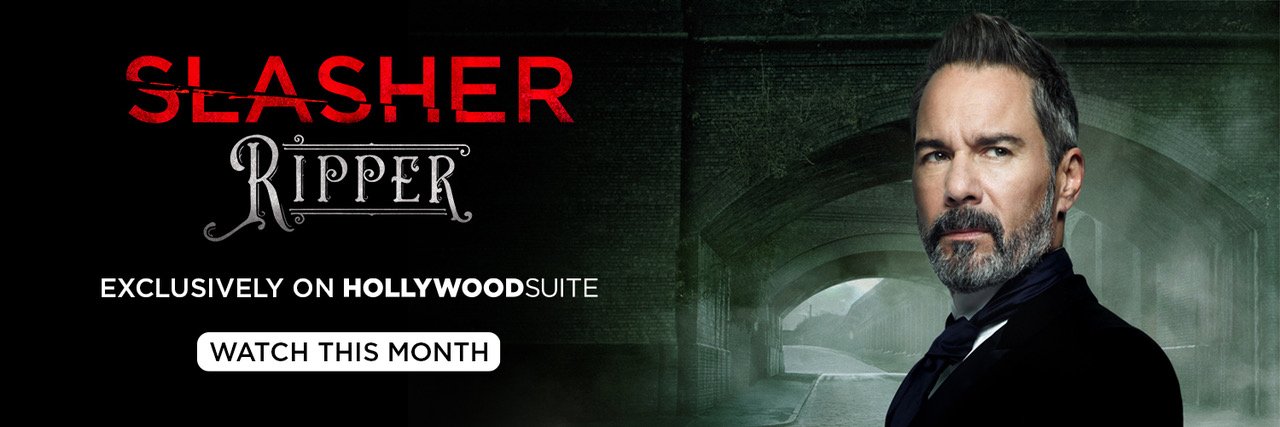The Marvelous Mrs. Maisel Season 5: A Glimpse into Midge’s Future
By Liam Lacey
Rating: B-
When it launched back in 2017, The Marvellous Mrs. Maisel was both a critical and popular hit.
The first streaming comedy — created by Amy Sherman-Palladino — to win multiple Emmy Awards, the show is about Miriam “Midge” Maisel (the charismatic Rachel Brosnahan). Midge is a young housewife from an upper-class New York Jewish family who stumbles into a career in stand-up comedy around 1960 when her marriage crashes.
The series had colourful production values, the rat-a-tat rhythm of dialogue and enough costume changes to suggest a sugary musical fantasy. All of it was tied to a message of plucky feminist protagonist who was ahead of her time.
True, there were the negatives. The show leaned toward superficial social commentary, meandering story lines and dollops of schmaltz. Judging by the stand-up routines we see, Midge’s reputation for comic brilliance is puzzling, occasionally worth a smirk but not the guffaws that emerge from her adoring audiences.
Certainly, there are compensations in the visual sumptuousness of the show, the energetic performances, and the virtual time-travel to mid-century Manhattan. These includes visits from historical characters like an improbably suave Lenny Bruce (played by Luke Kirby), as well as urban activist Jane Jacobs (Alison Smith) and Moms Mabley (Wanda Sykes), with references to The Village Voice, Columbia University, The Village Gaslight, and The Stage Deli. The show has always been more diverse (Black, Asian, and gay characters) than say, Mathew Weiner’s Madmen, set during the same era.
Now with its fifth season Mrs. Maisel closes not with a bang, but a series of echoes and ripples. The focus is Midge’s career trajectory, with flash-forwards to the 1980s with Mrs. Maisel becoming a “living legend” per a fictional 1985 60 Minutes interview that opens the season’s second episode.
And while her hairstyle has changed, she appears not to have aged. (The season’s first episode also starts in 1985, with Midge’s now-adult daughter Esther, played by Alexandra Socha, as a PhD student in molecular biology in a session with her shrink. I was supplied with only eight of the nine episodes in the season but I’m guessing the often-ignored Esther will bookend the story.)
We then leap back 25 years where we picked up after Season 4, when Midge walks home in a raging blizzard, following her conversation with Lenny Bruce, where he told her to stop being such a purist and take those high-profile gigs.
Once again, Midge — suffering from a cold and frozen toes — hits bottom and then bounces back when her manager, Susie Myerson (Alex Borstein), arrives at her parents’ apartment and takes charge. Together they forge a new plan: To get a spot on The Gordon Ford late night show, a fictional rival to Jack Paar’s The Tonight Show.
Plans are upset when Midge instead ends up as a staff writer and, like a forerunner of Tina Fey at Saturday Night Live, as the one gal in the all-male writers’ room. She repeatedly risks losing the gig by standing up for herself, but Gordon Ford (played by Veep’s Reid Scott) is romantically intrigued.
As the season develops, the platonic womance between Midge and her manager Susie runs aground, related to Susie’s continuing habit of working with mobsters. Often, one has the sense the producers are determined to impress us with the sheer effort behind each episode.
One of the most elaborate sequences happens in the fourth episode and involves Midge performing at a convention as a favour to Susie and her dubious partners in a musical about waste disposal. Similarly, a later episode is entirely devoted to a Friar’s Club roast to Susie, studded with flashbacks covering moments in her career.
Even Joel (Michael Zegen), Midge’s ex and father of her children — who we last left on the verge of a new marriage and fatherhood — gets a sustained subplot, and proves a better man than Midge thought him to be. Other subplots seem to exist just to give Tony Shaloub, Midge’s professor-turned-theatre critic, and mother Rose (Marin Hinkle) more screen time rather than advancing the storyline or deepening Midge’s story.
Given its diversity of representation and emphasis on showbiz sexism, The Marvelous Mrs. Maisel is strikingly apolitical about the tumultuous 1960s. Vietnam gets mentioned only in a scene where, through movie magic, Midge appears, bantering with Bob Hope on a USO tour.
The 60 Minutes episode alludes to bland causes: her political support of 1984 Democrat presidential candidate Walter Mondale, and support of children’s education. Assassinations, civil rights, gay rights, feminism, and the drug-overdose death of Lenny Bruce in 1966 don’t get a mention, at least so far.
One is left with the unavoidable impression that Mrs. Maisel is essentially a study in self-promotion. As with many egocentrics, the mysterious self-confidence is intriguing until it becomes repetitious and tiresome.
The Marvelous Mrs. Maisel, Season 5. Created by Amy Sherman-Palladino. Starring Rachel Brosnahan, Alex Borstein, Michael Zegen, Marin Hinkle, Tony Shalhoub, Kevin Pollak, and Caroline Aaron. Premieres on Prime Video April 14 with the first three episodes, with new episodes added each Friday.



